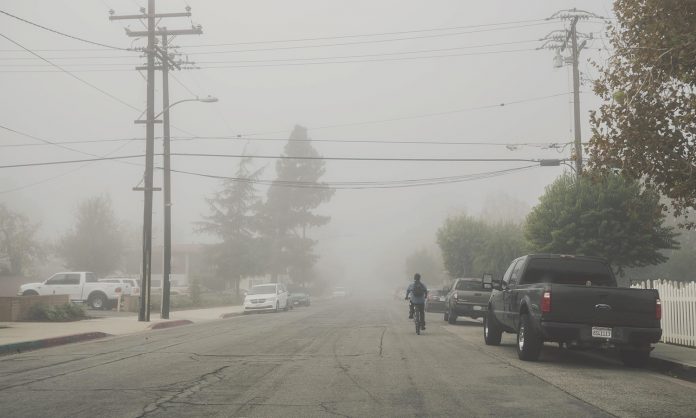
In a post on Writer’s Digest, L.G. Davis shares eight tips for creating believable fictional towns. “Fictional towns will offer you a blank canvas,” she says. In a real town, you are limited by existing landmarks, buildings, and locales. By creating a fictional town, you have complete control over everything from the cityscape to the people who live there.”
Creating a town or city from scratch allows you to tailor your setting to the story you want to tell, and you don’t have to worry about offending anyone or getting small details exactly right. Nonetheless, your place needs to feel real. “Otherwise, your readers will be pulled out of the story and won’t be able to fully immerse themselves in your fictional world,” Davis writes. She offers some tips for creating believable fictional towns for your novel.
- Choose a name that fits your story. “A good rule of thumb is to use names that are sensible and easy to pronounce,” Davis says. “You want your readers to be able to easily remember the name of the town without having to struggle over it every time they come across it in the story.”
- Base your town on a real place. You don’t have to start completely from zero. “You can take certain aspects of a real place and alter them to suit you and your story,” Davis notes. “By taking this route, you also give readers a sense of familiarity.”
- Incorporate real-life issues. Your fictional town should have real-life problems so that it’s more than just a backdrop for your story, but a living, breathing space.
- Use the weather to your advantage. “The weather can play an essential role in your story, especially if your characters spend a lot of time outdoors,” Davis writes. “Being familiar with the weather and how it relates to the story can really help you set the scene.”
- Get to know the people. Be sure to give your town a diverse cast, with jobs, families, and hobbies.
- Give the town a unique quality or trait. “Give your fictional town a unique characteristic or quality that sets it apart from other towns,” Davis suggests. “It may be the unique way the houses are built or how the people speak. Adding interesting events to the town, such as a parade or an annual festival, can also make it come alive.
- Create a map. Use a map to keep track of your various settings, including important community sites and local landmarks.
- Write detailed descriptions. As with any setting, use specific, sensory detail to create your fictional town, so that your readers can see, hear, smell, and taste it.











